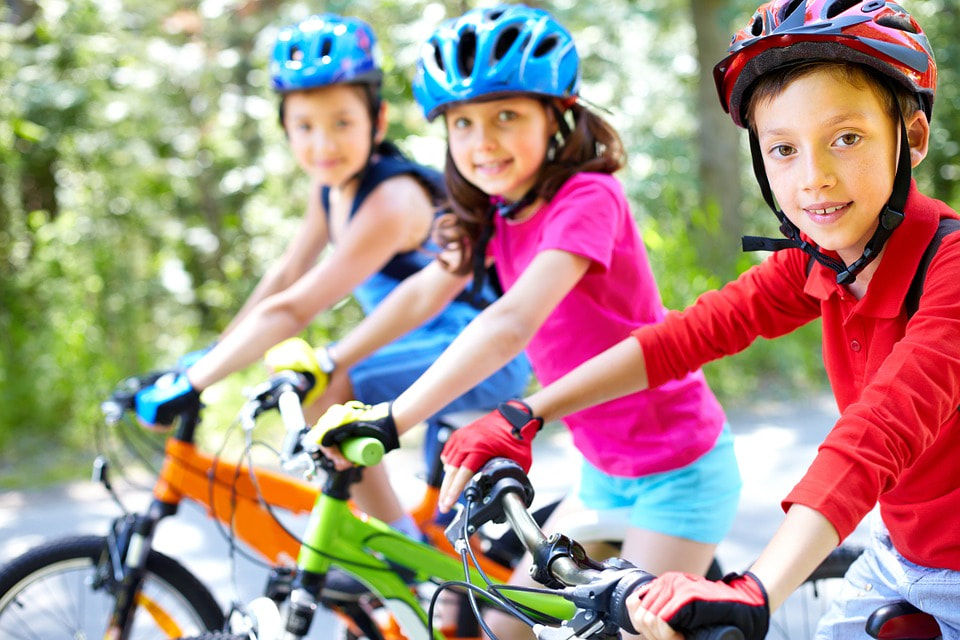|
I’ve been reading a number of articles lately which have had a common theme that is essentially asking this very question! Given the number of theories on how people learn and retain information best, it always strikes me as odd when experienced educators, in management positions, suddenly think that more time in a classroom equates to greater results for the school. Whilst this might work for some students, what’s the point of having a cohort of super intelligent and well educated doctors who have the bedside manner of a pathologist? Many big companies pay people such as myself, large amounts of money to run team building and leadership programs for their staff. Just as an aside, if you are from a big company and you have a large amount of money to give away, I’m more than happy to run a team building weekend for you!
Why then is it so hard for so many schools to see the value in what outdoor education does? I can’t for the life of me work it out? Many schools have it as a token gesture as an annual year level camp and get someone else to run it for them. However, activities in isolation don't add up to the long-term benefit that a well-structured outdoor ed program can deliver and it's these long-term benefits that make all the difference to the overall educational experience. The whole point of modern education should be to provide students with a dynamic skill set to tackle the challenges of life, not just academic, but social and emotional as well! Yet so much of education remains and will remain in the 19th century. So many schools believe that by throwing in a few buzz words that appear from time to time in educational papers and what’s hot now in the media, there’s still little impetus to implement the significant change that’s needed for education to remain relevant and equip students with the skill set to thrive in a rapidly evolving world. Back to outdoor ed. It’s still amazes me how many schools haven’t made the connection between life skills and STEM skills which are critical for education. Outdoor education is merely another way of building these skills in a very direct and tactile way. The randomness of life is something that often can’t be replicated in a classroom, but is a natural part of outdoor ed. However, without being explicit about the connections between the two, many people don’t see it. When you highlight how it connects, it’s like a light switch has been turned on! Suddenly, there’s their realisation that what you’re doing out on camp or on expeditions can translate into better critical thinking, problem solving and team work skills for the classroom. Where does your outdoor education program sit with the rest of the educational experience at the school? Is it a foundation through which so many other complementary subjects are enhanced, or is it a random ‘fun’ camp filled with activities that don’t quite have a strong vision behind it? If it’s the latter, then don’t worry. It’s an opportunity to start building those direct and explicit connections between your outdoor programs and the wider school context. Once you start to approach outdoor education in this way, then the opportunities for growth and buy-in from teachers, parents and students will significantly increase. As outdoor educators, we are leaders in the modernisation of education. Why not take a look at what you’re doing today and see how those connections between outdoor ed, classroom lessons and, most importantly, the overall social and emotional education of students all fit in your school. Start to build or improve those clear connections today.
0 Comments
Your comment will be posted after it is approved.
Leave a Reply. |
Categories
All
Archives
April 2021
|

 RSS Feed
RSS Feed